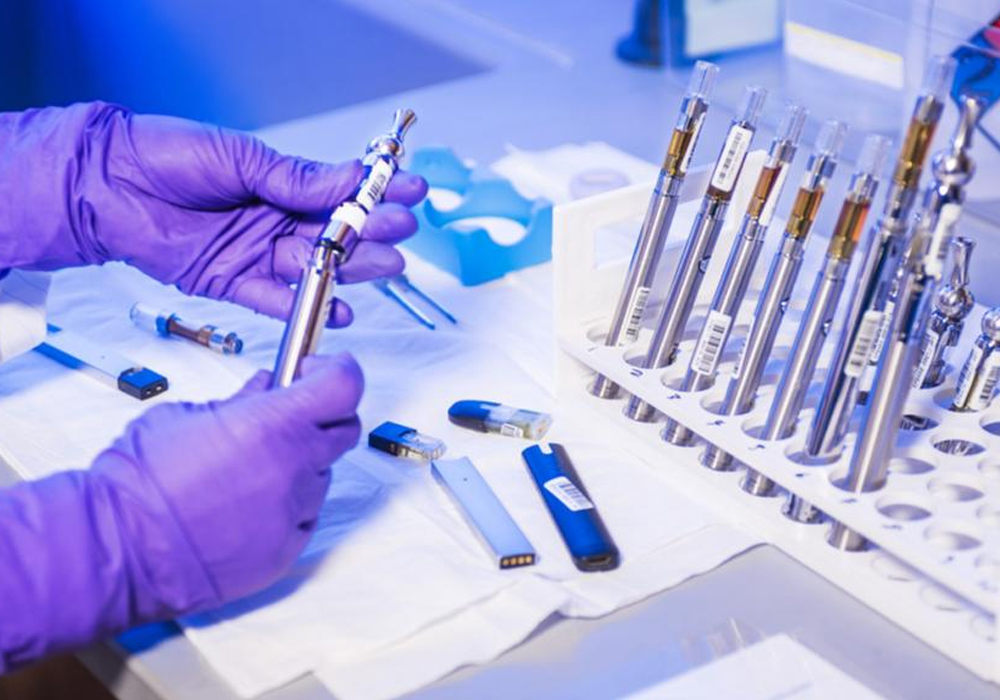
Medical technology company Radiopharm Theranostics says new data released by Imperial College London adds weight to the company’s belief its F-18 Pivalate tracer can be used to monitor brain cancer.
The data complements initial results Imperial College released in October from a phase 2 trial it conducted on the efficiency of the tracer.
F18-Pivalate is a novel radiotracer combining a molecule and radioisotope for the detection, characterisation and monitoring of brain metastases and glioblastoma – an aggressive form of brain cancer.
It targets fatty acid synthetase, selectively overexpressed by tumours, however not by normal brain cells.
Approximately 20 to 40 per cent of cancer patients will develop metastatic cancer in the brain during their illness.
Radiopharm believes Pivalate demonstrates superior imaging performance to the current clinical standard in positron imaging tomography, or “PET” imaging of prostate and brain cancers. The company says for breast cancers, it offers equal performance to products currently used.
Radiopharm says available technologies have limitations that Pivalate’s potentially transformational approach attempts to overcome.
The initial data from the trial indicated Pivalate can detect and monitor cerebral metastases regardless of the primary cancer’s origin.
It demonstrated that Radiopharm’s treatment could detect cerebral metastases that had metastasised from multiple other cancers including breast, lung and colorectal cancers.
The newly released data was accompanied by high-contrast images taken at 60 minutes after radiotracer injection – images that Radiopharm says support the assertion of high image contrast in patients, regardless of the origin of their primary cancer.
Canevari added the quality image was a promising indication the tracer can be used to monitor brain metastases – “yet another positive step for the potential of this technology for Radiopharm.”
The Imperial College trial results were presented at the end of last month at a cancer conference in Barcelona, Spain.
Radiopharm has previously stated its next steps on the pathway to commercialising Pivalate include a meeting with the American Food and Drug Administration to determine a regulatory pathway to accelerate its product for use in imaging.
The prize for success is potentially huge. Radiopharm has previously estimated the market for imaging brain metastases is in the region of US$1.25 billion.
